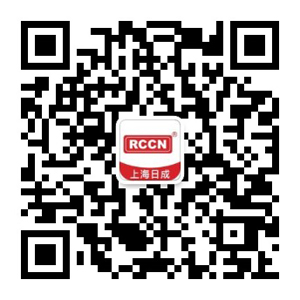A sensor is a device that can sense a specified object and convert it into a usable output signal according to specific rules. It is widely used to detect the status of mechatronic systems and the operating environment and related information of operating objects.
In various industrial system applications, sensors act as an interface between items and the production environment and provide feedback based on the results of the tasks performed. Therefore, with the continuous development of industrial applications, it is not surprising that manufacturers' demand for innovative sensor designs and technologies is growing rapidly.

Sensors provide manufacturers with a high degree of reliability and flexibility in automated collaboration applications. At the same time, smart sensing technology can help manufacturers integrate various data and convert it into actionable information to optimize automation tasks in real time. By adding "tactile" and "feel" to the sensor, manufacturers can avoid repetitive work caused by errors, which saves labor and reduces automation and production costs.
Due to the increasing demand for domestic applications, China's sensor industry has developed rapidly. Sensor technology also played an important role in the prevention and control of the epidemic and the entire medical industry. In the prevention and control of outbreaks, sensors not only play an important role in infrared temperature measurement and ventilator, but also play an important auxiliary role in the environmental monitoring of the isolation area in ICU wards and oxygen rooms.
















 RCCN WeChat QrCode
RCCN WeChat QrCode Mobile WebSite
Mobile WebSite
